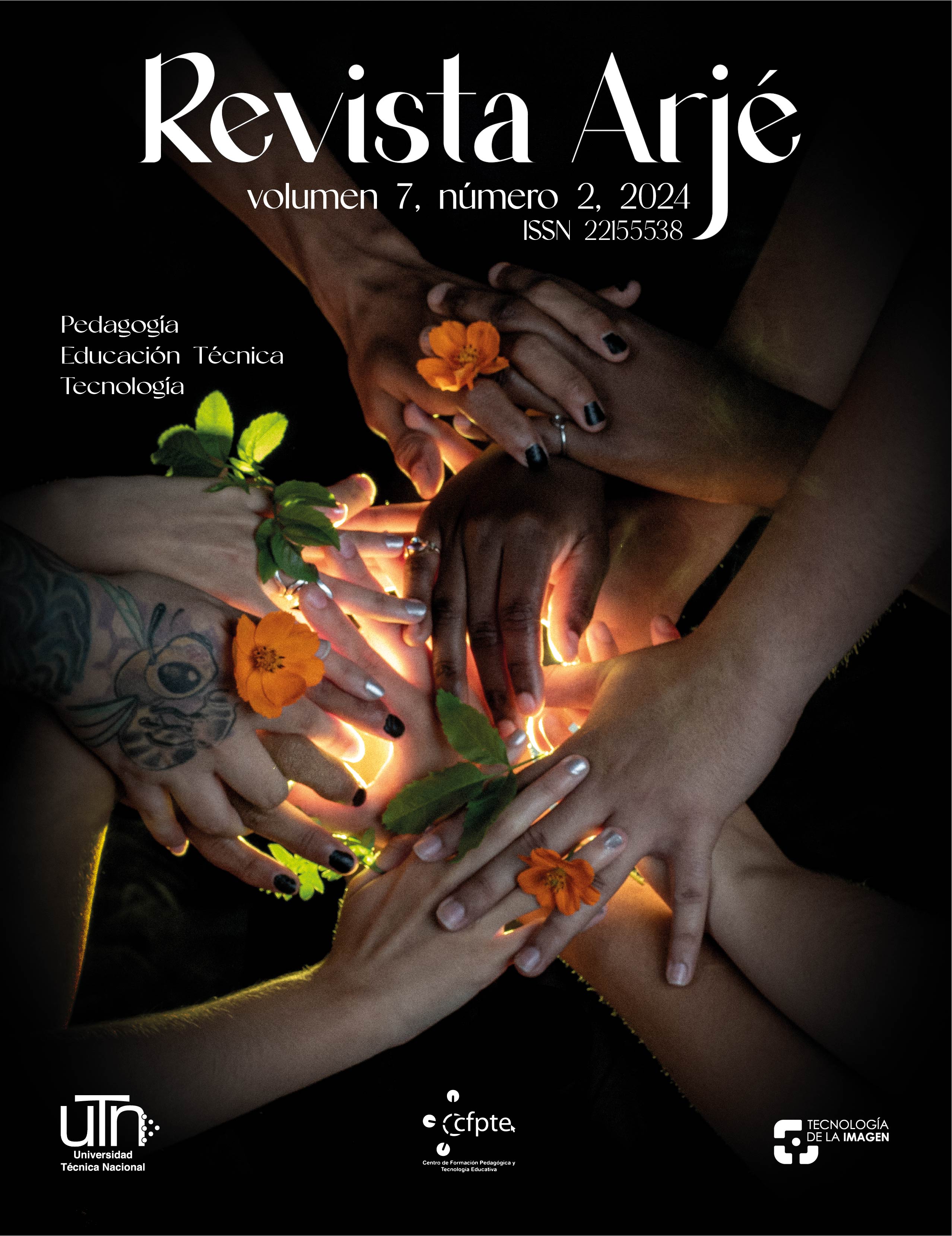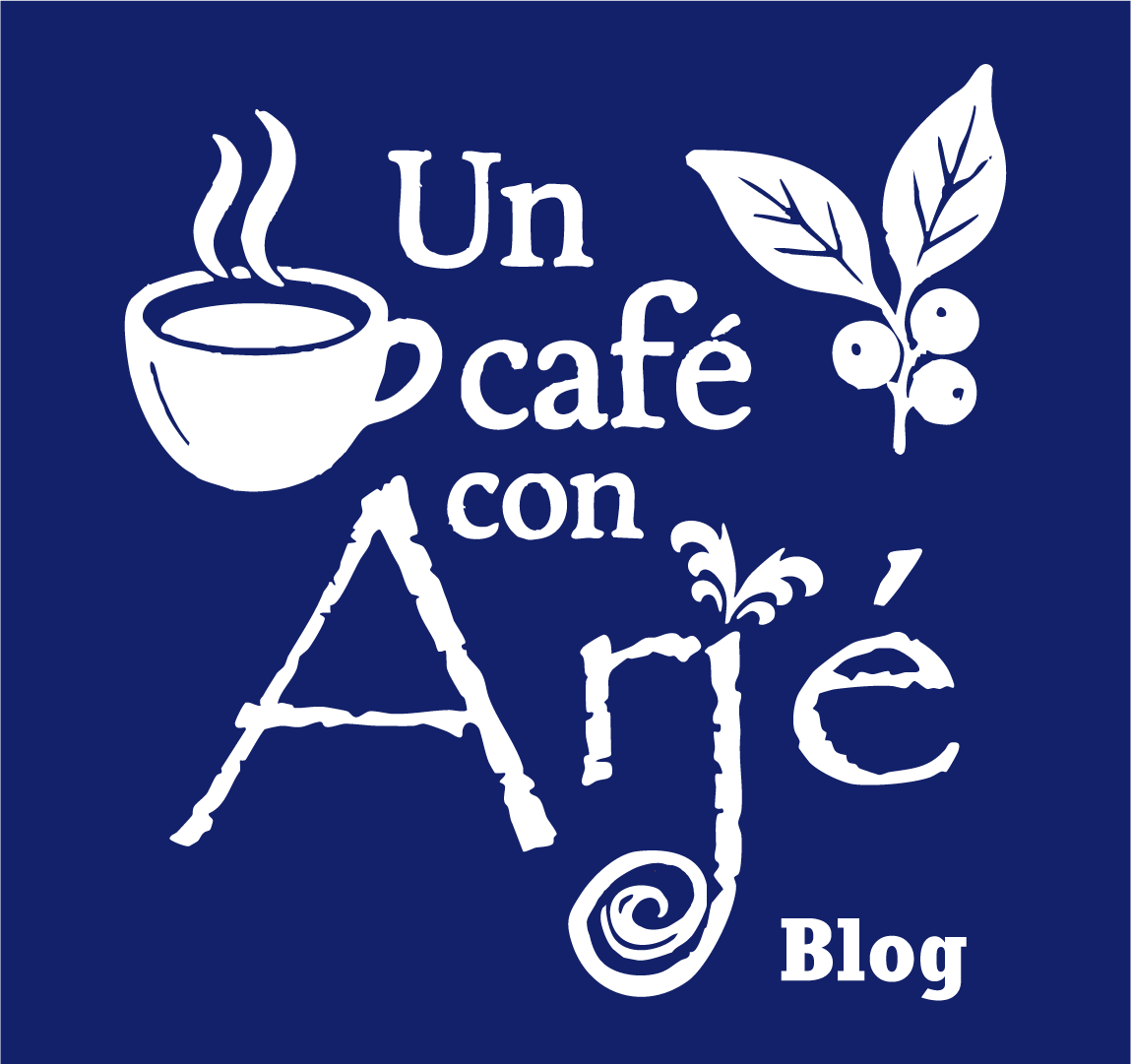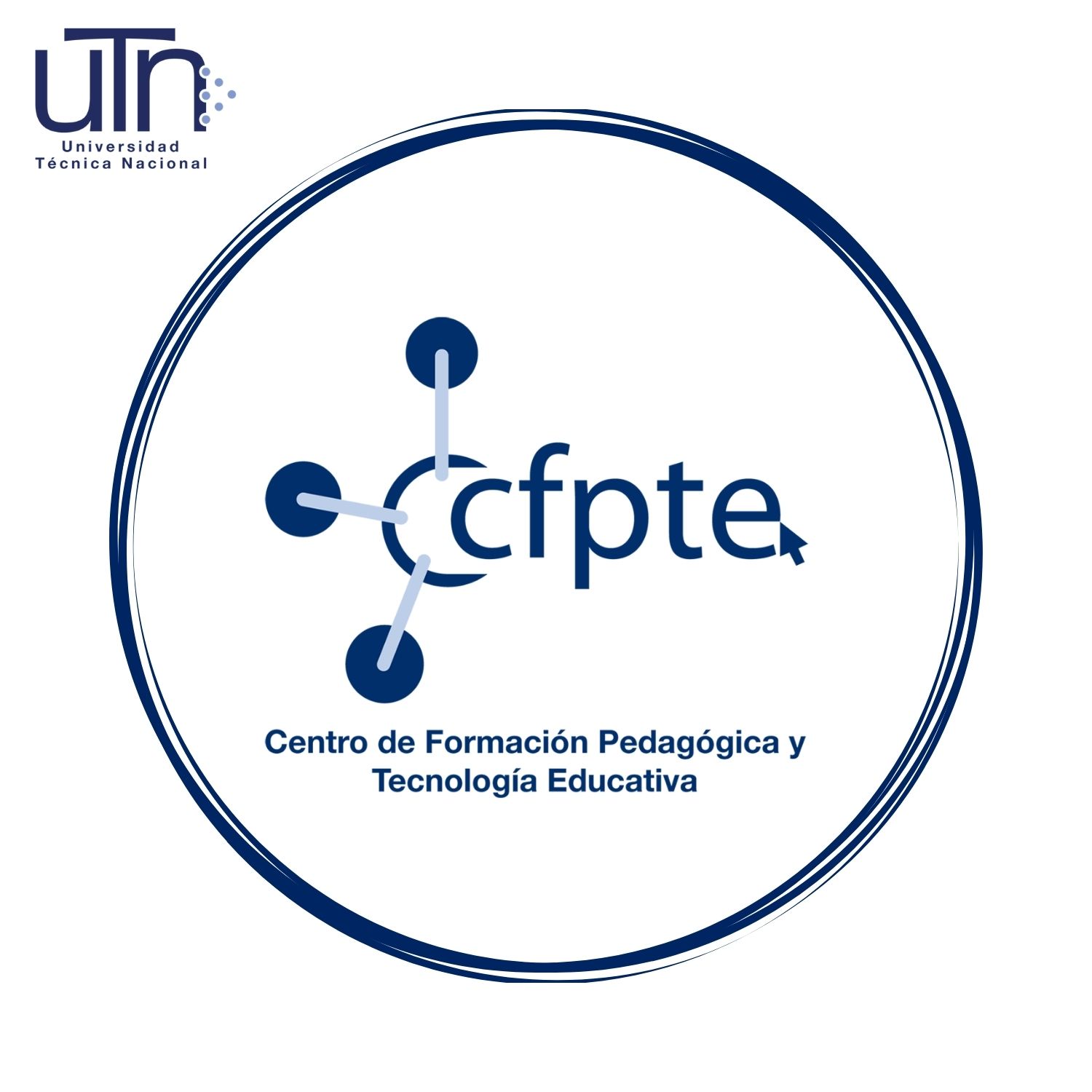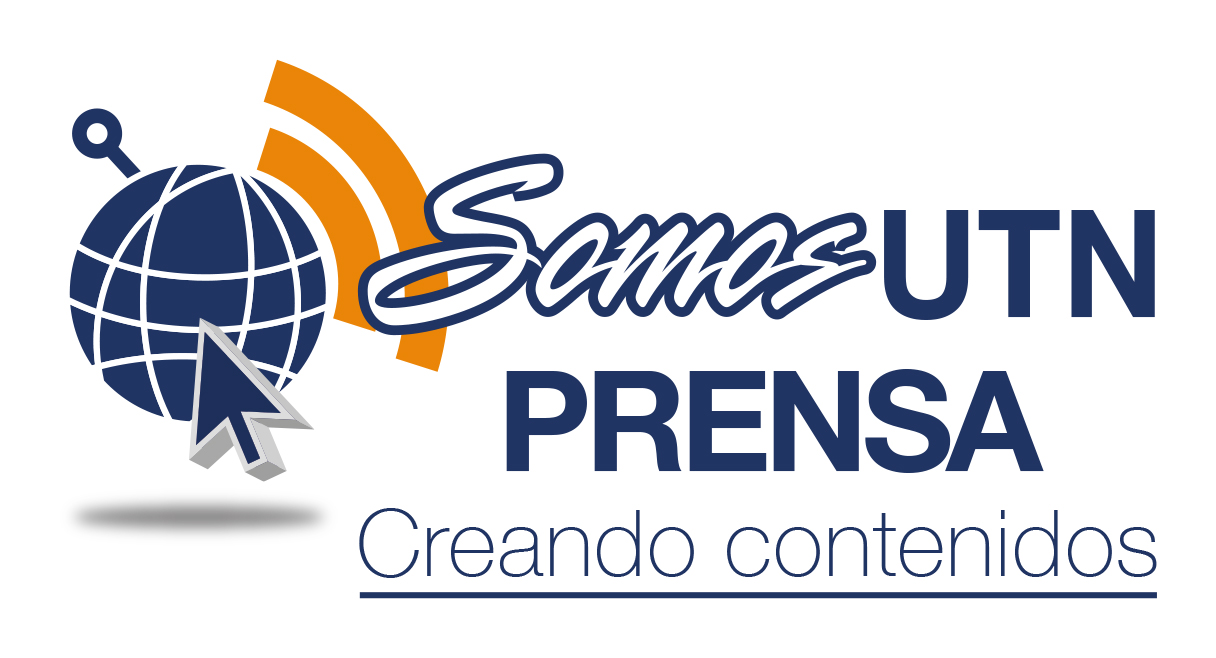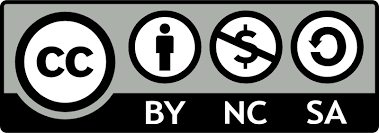Experience of the Electrical Engineering Major during the Implementation of the Pilot Plan for the Hybridization of the Academic Offer at the National Technical University
DOI:
https://doi.org/10.47633/7x933d67Keywords:
hybrid learning, Technopedagogical design, Higher education, Teaching experience, PlatformsAbstract
This article examines the experience of the Electrical Engineering major during the development of the pilot plan for implementing hybrid courses at the Universidad Técnica Nacional (UTN). It considers the prior experiences of the teaching staff and the perspective of the program's administration to identify the strengths and areas for improvement at the UTN. The study was conducted using a qualitative approach and a phenomenological design, prioritizing participants' individual experiences, understanding, and opinions regarding the context in which this pilot plan was developed.
Data collection was carried out through an online questionnaire administered to the teaching staff and semi-structured interviews conducted with the program administration and an academic staff member.
Among the most relevant findings are the positive transformation in the perception and adaptability of the academic staff toward the hybrid modality, the importance of techno-pedagogical planning for the effective implementation of courses, and the need for training and preparation. This includes equipping teaching staff with the skills to design and mediate hybrid courses and raising awareness among students about the importance of actively committing to their participation during the course.
Downloads
References
Balladares-Burgos, J. (2018). El aprendizaje híbrido y la educación digital del profesorado universitario. Revista Cátedra, 1(1), 53–69. https://doi.org/10.29166/catedra.v1i1.762
Bartolomé, A. (2004). Blended learning. Conceptos básicos. Píxel-Bit. Revista de Medios y Educación, 23, 7–20. https://www.redalyc.org/pdf/368/36802301.pdf
Bravo, B., García, A., & González, A. (2023). Modelo de aprendizaje híbrido apoyado por tecnologías emergentes (hylet). Revista Cubana De Educación Superior, 42(especial 1), 83–98. https://revistas.uh.cu/rces/article/view/8384
Castro Araya, H., Moya Carvajal, M., Calderón Chacón, R., Arias Alvarado, M., & Masis Rojas, R. (2024). Análisis de un modelo de formación híbrida en Educación Superior: estudio descriptivo en la Universidad de Costa Rica. RiiTE Revista interuniversitaria de investigación en Tecnología Educativa, (16), 103–122. https://doi.org/10.6018/riite.60551
Comisión Curricular, Universidad Técnica Nacional (2023). Informe Plan Piloto.
De Benito Crosetti, B., & Salinas Ibáñez, J. M. (2016). La Investigación Basada en Diseño en Tecnología Educativa. Revista Interuniversitaria de Investigación en Tecnología Educativa. https://doi.org/10.6018/riite2016/260631
De la Paz Sánchez, J. A., & Navarrete Radilla, M. Y. (2024). Las necesidades sociales y académicas de los estudiantes de bachillerato en un entorno de la modalidad híbrida. RIDE Revista Iberoamericana Para La Investigación Y El Desarrollo Educativo, 14(28). https://doi.org/10.23913/ride.v14i28.1835
Fernández-Cando, D. A., Mogollón-Gutiérrez, G., Chango-Muñoz, B. R., & Espinoza-Alvarado, G. L. (2024). Educación híbrida: impacto en el aprendizaje y adaptación de los estudiantes. MQRInvestigar, 8(3), 1517–1542. https://doi.org/10.56048/MQR20225.8.3.2024.1517-1542
Hernández, R. Fernández, & C. Baptista, M. (2010). Metodología de la Investigación. McGraw Hill.
Pech, S. Prieto, M. Canto, P., & Esperón, R. (2024). Transforming Education: Technological Tools for Effective Learning. https://www.researchgate.net/profile/Gustavo-Garcia-Vargas/publication/382853347_Libro_CcITA_2024-version_final-impresion/links/66af33ca8f7e1236bc35c0ca/Libro-CcITA-2024-version-final-impresion.pdf#page=375
UNESCO. (2010). Conferencia Mundial sobre la Educación Superior 2009: La nueva dinámica de la educación superior y la investigación para el cambio social y el desarrollo. https://unesdoc.unesco.org/ark:/48223/pf0000183277_spa
Vicerrectoría de Docencia, Universidad Técnica Nacional. (2022). Directriz Administrativa.
Downloads
Published
Issue
Section
License
Copyright (c) 2024 María Guadalupe Camacho Zúñiga, Cynthia Gardela Berrocal y Mauren Guevara García

This work is licensed under a Creative Commons Attribution-NonCommercial-ShareAlike 4.0 International License.
All articles in the Revista Académica Arjé are published under the Creative Commons Attribution-NonCommercial-ShareAlike 4.0 International License (CC BY-NC-SA 4.0).
This means that:
-
Attribution: Proper credit must be given to the original authors, a link to the license must be included, and any changes made must be indicated.
-
NonCommercial: The material may not be used for commercial purposes.
-
ShareAlike: If the work is adapted or remixed, the resulting version must be distributed under the same license.
More information at: https://creativecommons.org/licenses/by-nc-sa/4.0/deed.en
